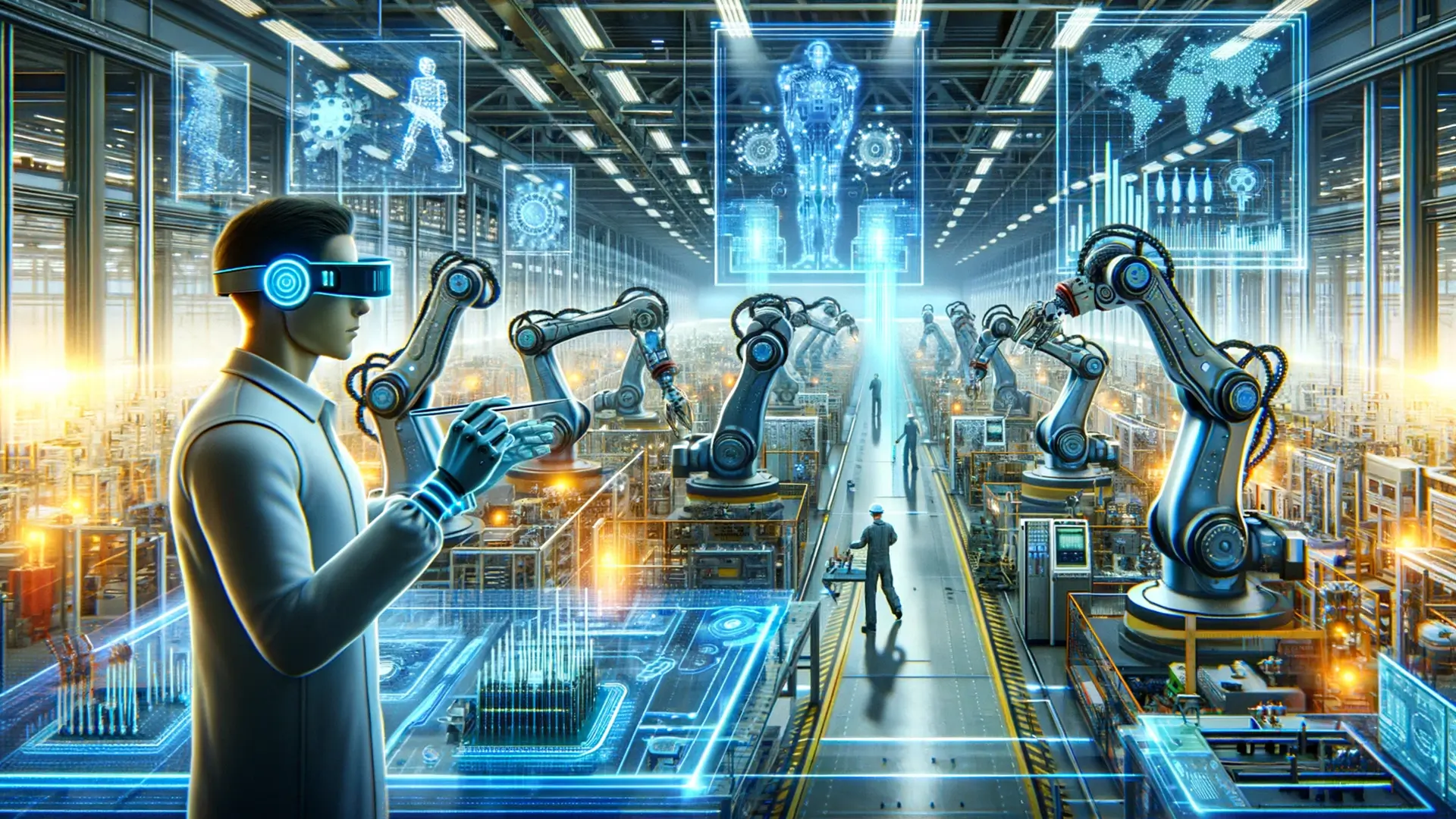How AI Chatbots Can Streamline Your Business Operations
In the fast-paced world of modern business, efficiency is key. Organizations are constantly seeking ways to streamline operations, enhance customer service, and ultimately boost their bottom line. Artificial intelligence (AI) chatbots have emerged as a powerful tool in this quest, revolutionizing the way businesses interact with customers and manage internal processes.
Enhanced Customer Service
One of the most significant advantages of AI chatbots is their ability to provide round-the-clock customer support. Unlike human agents, chatbots never sleep, ensuring that customers can get assistance whenever they need it. This 24/7 availability leads to improved customer satisfaction and loyalty, as customers feel valued and heard, even outside of traditional business hours.

Moreover, AI chatbots can handle a high volume of inquiries simultaneously, reducing customer wait times and freeing up human agents to focus on more complex issues. By automating routine tasks such as answering frequently asked questions or processing simple transactions, chatbots enable businesses to provide faster and more efficient customer service.
Streamlined Internal Processes
AI chatbots aren’t just limited to customer-facing interactions; they can also streamline various internal processes within an organization. For instance, chatbots can be used to automate employee onboarding, providing new hires with the information and resources they need to get started quickly. They can also assist with IT support, troubleshooting common issues and guiding employees through solutions.
Furthermore, chatbots can facilitate communication and collaboration among team members. By integrating with popular messaging platforms, chatbots can enable employees to access information, schedule meetings, and share files seamlessly, all within a single interface. This centralized communication streamlines workflows and improves overall productivity.
Cost Savings and Increased Revenue
Implementing AI chatbots can lead to significant cost savings for businesses. By automating routine tasks, chatbots reduce the need for human intervention, allowing organizations to optimize their workforce and allocate resources more efficiently. Additionally, chatbots can help businesses identify upselling and cross-selling opportunities, leading to increased revenue.
By analyzing customer interactions and preferences, chatbots can offer personalized product recommendations or suggest relevant services, increasing the likelihood of a sale. This targeted approach not only benefits the business but also enhances the customer experience, as customers feel understood and appreciated.
The Future of AI Chatbots in Business
As AI technology continues to advance, the capabilities of chatbots are only expected to grow. In the future, chatbots will likely become even more sophisticated, leveraging natural language processing and machine learning to provide even more personalized and human-like interactions. They may also integrate with other emerging technologies, such as virtual reality and augmented reality, to create immersive customer experiences.
The potential applications of AI chatbots in business are vast and varied. From customer service and internal processes to marketing and sales, chatbots are transforming the way businesses operate. By embracing this technology, organizations can streamline their operations, enhance customer service, and ultimately achieve greater success in today’s competitive landscape.

